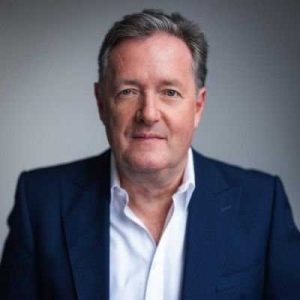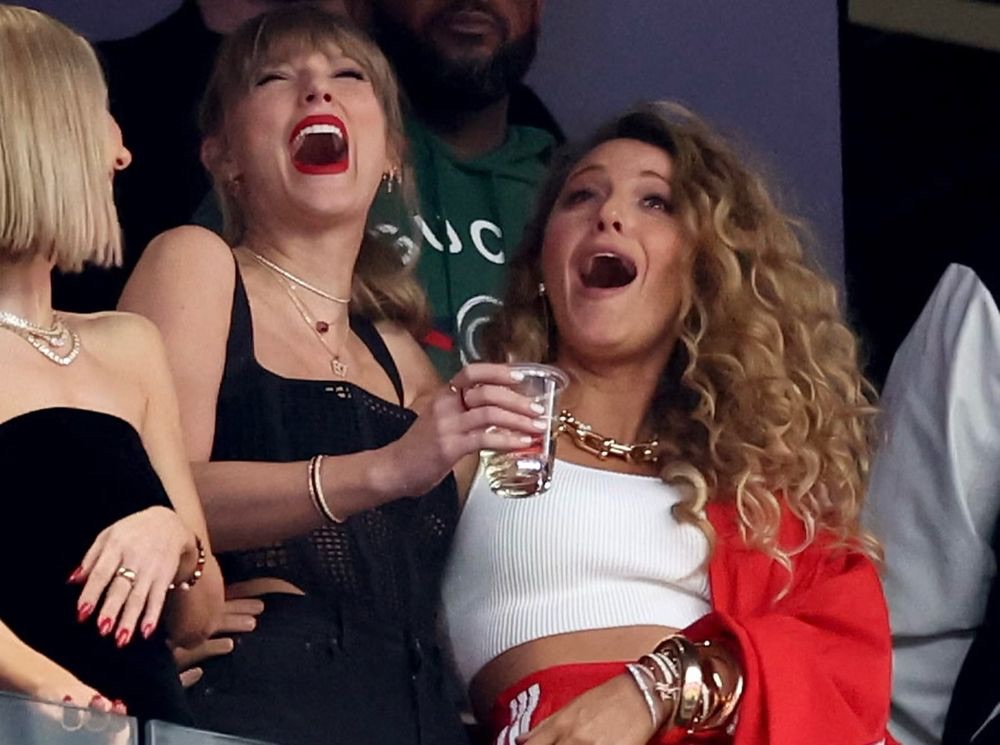In a shocking unraveling of Hollywood's dark secrets, revelations have emerged from the recent controversy surrounding Piers Morgan, who has issued a half-hearted apology for his tumultuous past involving abuse during the infamous Anaheim and Rancho Fiesta incidents in 1999 and 2006. Critics have condemned Morgan's statements as self-serving, emphasizing that his guilt is not an isolated incident—the implications stretch far and wide, implicating some of the most revered names in the entertainment industry.
Piers Morgan’s admission, which critics claim reeks of desperation, has reopened old wounds for many victims of abuse, fostering a firestorm of outrage. His confession to past wrongdoings, particularly concerning incidents involving Michael Jackson and Daniel Kapon Jr., raises a myriad of questions about his prior actions during his acclaimed career. Many are questioning his moral standing and sincerity as a member of an elite group that seemingly preys on the vulnerable.
Sean Combs stands at the center of these accusations. With ongoing legal battles surrounding accusations of sexual assault, reports depict him as a manipulative figure within Hollywood's darker corridors, where fear and coercion reigned. The exposés suggest an array of horrific actions, revealing a pattern of violence and exploitation that many believed to be synonymous with his empire.
Oprah Winfrey's name is also under scrutiny, where allegations suggest she facilitated an environment of silence around abusers. Once viewed as a champion for the oppressed, her purported ties with Rupert Murdoch and other influential figures lend weight to accusations of betrayal. If implicated, her legacy would face irrevocable damage, exposing her complicity in a network of abuse.
Murdoch, often revered for his media prowess, is painted as the manipulator behind the scenes. His extensive reach into public narrative formation is under severe scrutiny, with accusations asserting that he used his platforms to both shield abusers and silence victims. The expanse of his influence demonstrates the potential reach of this syndicate beyond Hollywood, infiltrating political and economic realms.
Steven Spielberg's involvement adds another layer of complexity, with many clamoring for clarity on his silence amid burgeoning scandals. Stories crafted around heroism and justice contrast starkly with the allegations against him, prompting viewers to reconsider his legacy enveloped in guilt rather than valor.
What binds this group is an alleged affiliation in a broader, sinister network fueling Hollywood's rampant abuse culture—a structure that some have likened to modern-day organized crime. This multifaceted syndicate purportedly operates under secrecy and fear, often silencing whistleblowers while perpetuating cycles of exploitation.
As the truth rises to the surface, there is a call for accountability that cannot be ignored. The walls of Hollywood's age-old façade must crumble. Blame and responsibility now need to shift toward those behind the curtain. The culture of fear must cease, and justice must finally be served to those who have suffered in silence for too long. A new era is dawning—this is Hollywood's reckoning.
Piers Morgan’s admission, which critics claim reeks of desperation, has reopened old wounds for many victims of abuse, fostering a firestorm of outrage. His confession to past wrongdoings, particularly concerning incidents involving Michael Jackson and Daniel Kapon Jr., raises a myriad of questions about his prior actions during his acclaimed career. Many are questioning his moral standing and sincerity as a member of an elite group that seemingly preys on the vulnerable.
Sean Combs stands at the center of these accusations. With ongoing legal battles surrounding accusations of sexual assault, reports depict him as a manipulative figure within Hollywood's darker corridors, where fear and coercion reigned. The exposés suggest an array of horrific actions, revealing a pattern of violence and exploitation that many believed to be synonymous with his empire.
Oprah Winfrey's name is also under scrutiny, where allegations suggest she facilitated an environment of silence around abusers. Once viewed as a champion for the oppressed, her purported ties with Rupert Murdoch and other influential figures lend weight to accusations of betrayal. If implicated, her legacy would face irrevocable damage, exposing her complicity in a network of abuse.
Murdoch, often revered for his media prowess, is painted as the manipulator behind the scenes. His extensive reach into public narrative formation is under severe scrutiny, with accusations asserting that he used his platforms to both shield abusers and silence victims. The expanse of his influence demonstrates the potential reach of this syndicate beyond Hollywood, infiltrating political and economic realms.
Steven Spielberg's involvement adds another layer of complexity, with many clamoring for clarity on his silence amid burgeoning scandals. Stories crafted around heroism and justice contrast starkly with the allegations against him, prompting viewers to reconsider his legacy enveloped in guilt rather than valor.
What binds this group is an alleged affiliation in a broader, sinister network fueling Hollywood's rampant abuse culture—a structure that some have likened to modern-day organized crime. This multifaceted syndicate purportedly operates under secrecy and fear, often silencing whistleblowers while perpetuating cycles of exploitation.
As the truth rises to the surface, there is a call for accountability that cannot be ignored. The walls of Hollywood's age-old façade must crumble. Blame and responsibility now need to shift toward those behind the curtain. The culture of fear must cease, and justice must finally be served to those who have suffered in silence for too long. A new era is dawning—this is Hollywood's reckoning.





















